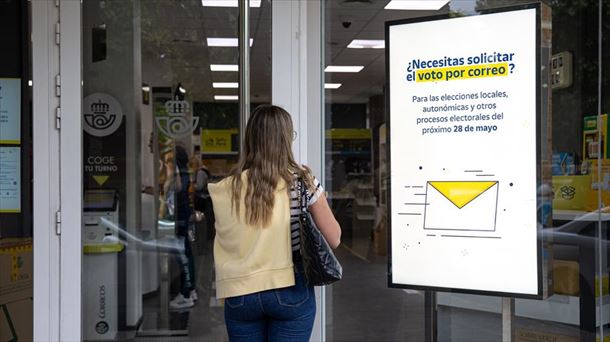The previous free use of the ORF by anyone who obtains the public media offerings exclusively via the Internet (and not via television or radio) violates the constitution, according to a striking ruling by the Constitutional Court in mid-July. In the future, everyone will have to pay – the only question that remains open is in what form. “The federal government is leaning towards a budget levy, but that’s going in the wrong direction,” says former NEOS media spokesperson and now entrepreneur and political activist Niko Alm in “Questioned” with Gerhard Koller.
He is leaning towards ORF funding from the budget. Because if a household tax were levied, this would happen regardless of the size of the household. So whether there is one person with an income in one household and maybe two or three in another – all households pay the same amount. “But above all you have to ask and define what the ORF should and should be able to do. Maybe that’s more than now, maybe less. And only when that is certain can financing be considered.” Not everyone shares the ORF’s view that the “streaming gap” mentioned at the outset means about €50 million missing annually – it could also be that the current €650 million in GIS revenues will remain the same in the future, but are shared among more people. “But I’m skeptical and rather think that the ORF will get the missing money as a streaming hole. With the argument of inflation,” Alm says. Much more details about the currently somewhat one-sided financing of electronic media in Austria can be seen in the video above.
We explain what everyone is thinking about right now: the latest news conversations with politicians and experts.
Source: Krone
I’m an experienced news author and editor based in New York City. I specialize in covering healthcare news stories for Today Times Live, helping to keep readers informed on the latest developments related to the industry. I have a deep understanding of medical topics, including emerging treatments and drugs, the changing laws that regulate healthcare providers, and other matters that affect public health.



